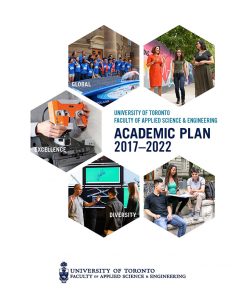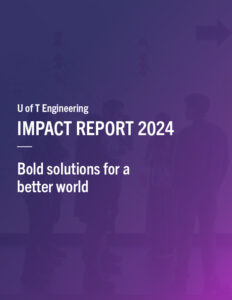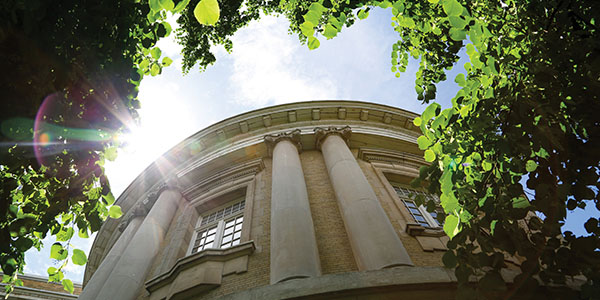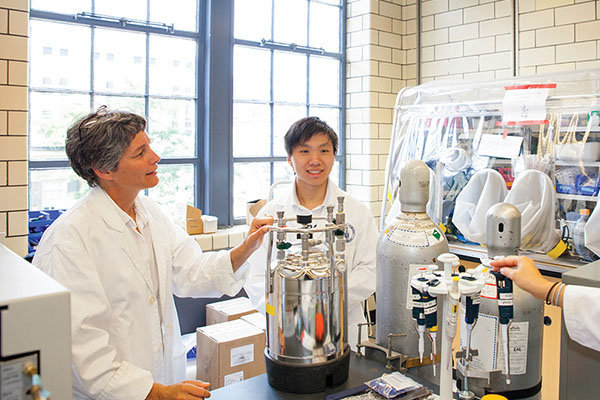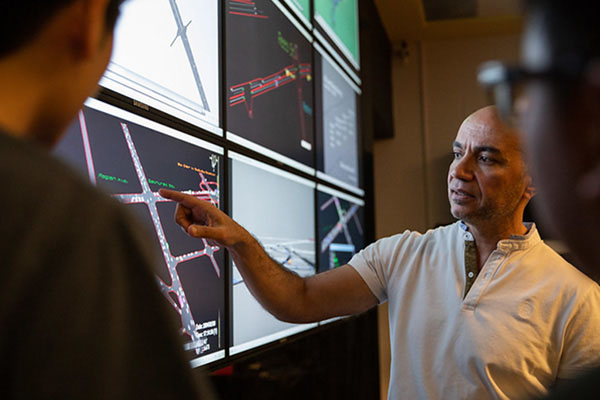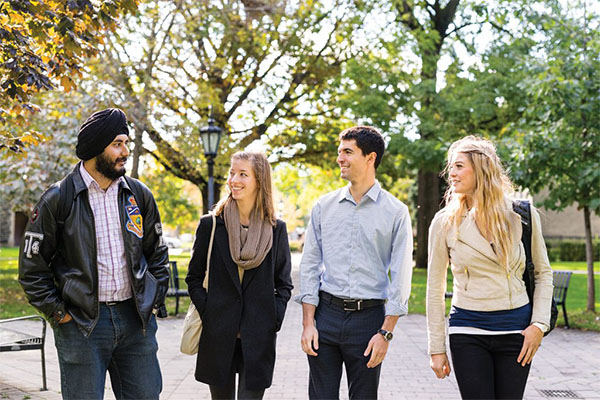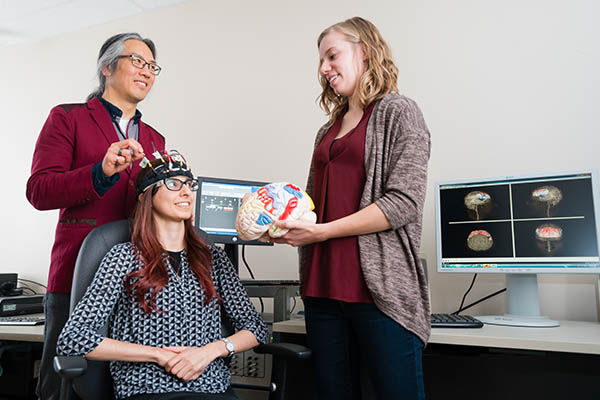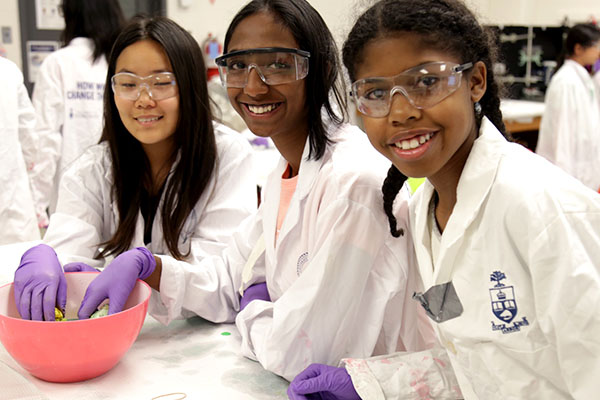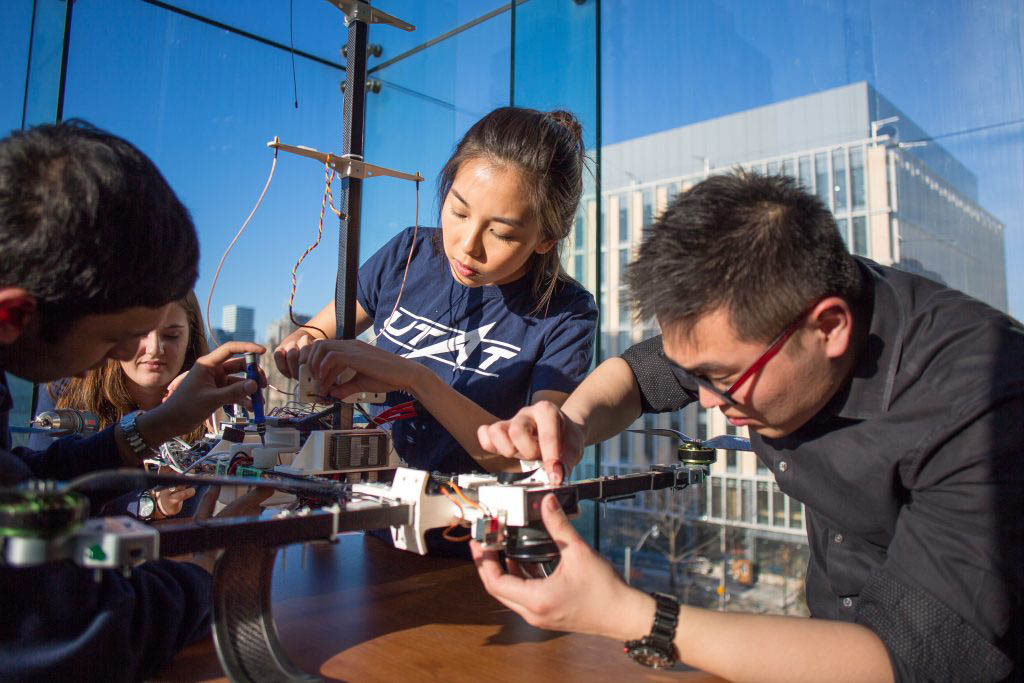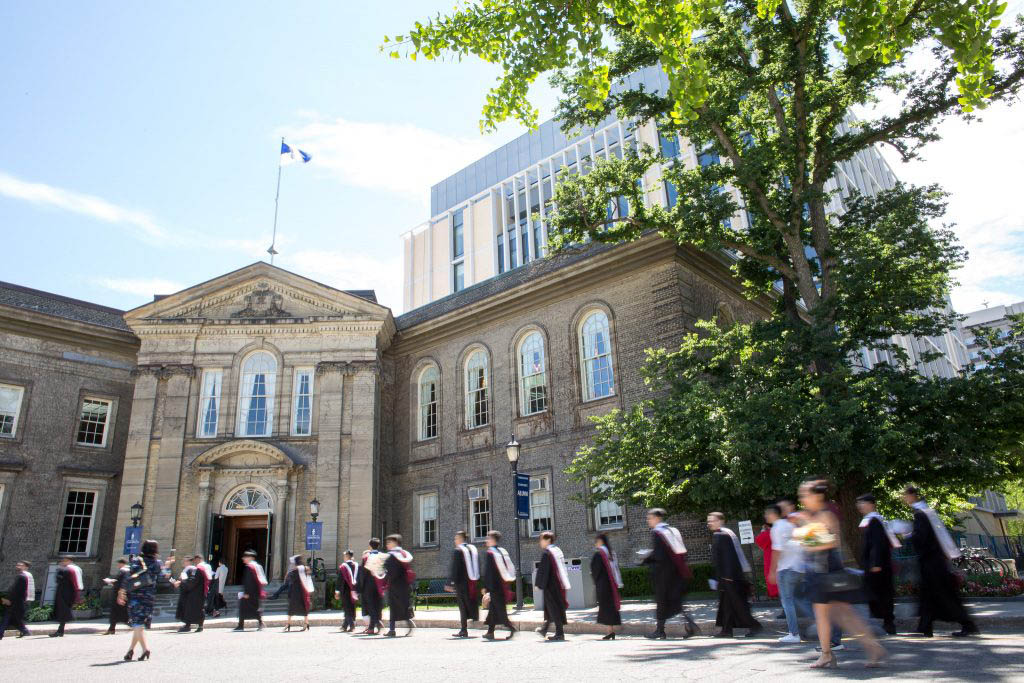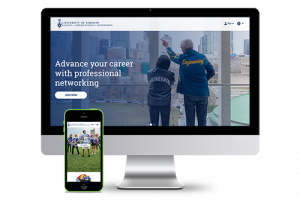 Join us for the AC Seminar Series lecture on materials discovery for carbon capture at the interface of AI, advanced computing, and robotics. Don’t miss out on this opportunity to gain valuable insights and engage in discussions with leading professionals. Register now to secure your spot!
Join us for the AC Seminar Series lecture on materials discovery for carbon capture at the interface of AI, advanced computing, and robotics. Don’t miss out on this opportunity to gain valuable insights and engage in discussions with leading professionals. Register now to secure your spot!
On November 22, 1:30 PM please join Eliu Huerta the Lead for Translational AI at Argonne National Laboratory, for a talk on leveraging AI and automation to design catalysts for carbon capture.
While the event is open to the public virtually, we welcome U of T staff, students, and community members to attend in-person. To register, please visit the link below:
Abstract: Metal-organic frameworks (MOFs) have garnered much research interest in recent years due to their diverse industrial applications, including gas adsorption and storage, catalysis and drug delivery. MOFs have been shown to exhibit superior chemical and physical CO2 adsorption properties. They can be recycled in appropriate operating environments for varying numbers of times before undergoing significant structural degradation. However, their industrial applications have not yet reached their full potential due to stability issues, such as poor long-term recyclability, and high moisture sensitivity. In this talk, I will describe an AI-driven discovery framework for high-throughput generation and screening of novel high-performing MOF structures for carbon capture. This framework employs a diffusion model to generate new, unique, and chemically diverse MOF linkers, which it then assembles to create novel, high performing MOFs. This approach includes both novel generative and graph AI applications, as well as a comprehensive screening workflow that combines various modeling methods with increasing levels of chemistry awareness and increasing levels of computational cost.

